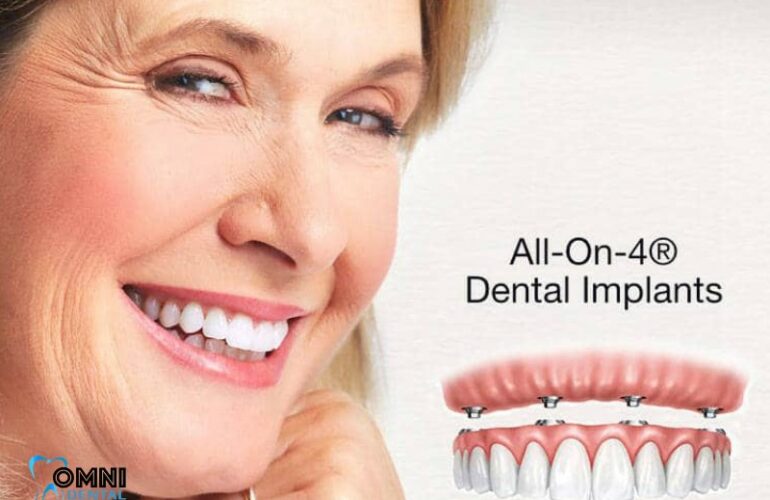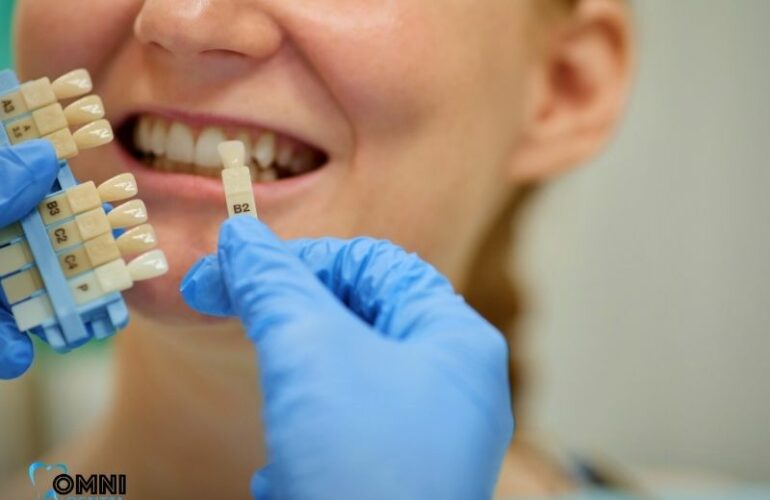Preparation for Veneers
Veneers are a popular cosmetic dental solution for those who want to improve the appearance of their teeth. Whether you have gaps, chips, or other cosmetic imperfections, veneers can help you achieve a brighter and more even smile. However, the thought of undergoing a dental procedure can be intimidating, especially if you are worried about pain and discomfort. Fortunately, there are several steps you can take to minimize these concerns and prepare for your veneer procedure.
Understanding the Veneers Procedure
Before undergoing veneers, it is important to understand what the procedure entails. Veneers are thin shells of porcelain or resin placed over the front of your teeth to improve their appearance. During the porcelain veneer process, your dentist will remove a small amount of tooth enamel to make room for the veneers. This process is usually done with local anesthetics to minimize any discomfort you may feel.
The Importance of Choosing the Right Dentist for Your Veneers
The success of your veneers procedure is heavily dependent on the skill and expertise of your dentist. Choosing a cosmetic dentist with experience and training in veneers is essential and can provide high-quality results. Consider reading reviews, looking at before and after photos, and talking to friends and family members who have undergone veneers to find a dentist who is right for you.
Open Communication with Your Dentist
Open communication with your dentist minimizes pain and discomfort during your veneer procedure. Let your dentist know if you have any concerns or fears, and ask them to explain the process in detail so you know what to expect. Let your dentist know if you have a history of tooth sensitivity or other dental conditions that may impact your veneer procedure.
Minimizing Pain during the Veneers Procedure
You can take several steps to minimize pain during your veneer procedure:
- Anesthesia Options for Veneers
Your dentist may offer you local anesthetics to help minimize any discomfort you may feel during the veneer process. This type of anesthesia numbs the area around your teeth and is usually enough to make you feel comfortable during the procedure.
- Relaxation Techniques for Veneers
Relaxation techniques like deep breathing and meditation can also help you feel more comfortable during your veneer procedure. Listening to music, watching TV, or reading a book can also help you distract yourself from any discomfort you may feel.
- Pain Management Options for Veneers
Your dentist may also provide pain medication before or after the veneer procedure. This can help you manage any discomfort you may feel after the anesthetics have worn off. Over-the-counter pain relief options, such as ibuprofen, may also be recommended by your dentist to help manage any pain or discomfort in your teeth after veneers.
Aftercare for Your Veneers
The veneer procedure is a cosmetic dental treatment that involves applying thin shells of porcelain to the surface of your teeth to improve their appearance. Do veneers hurt? While veneers are generally not painful, it is essential to follow proper aftercare instructions to minimize discomfort and ensure that your dental veneers last for as long as possible.
After your veneers procedure, your dentist will provide instructions on how to care for your new teeth. You should follow these instructions carefully to avoid damaging your veneers and to prevent any complications from arising.
Some general aftercare tips include avoiding hard or crunchy foods for the first few days after the procedure, avoiding alcohol and tobacco products, and brushing your teeth twice daily with a soft-bristled toothbrush. You should also floss your teeth gently and rinse your mouth with salt water to help keep your teeth and gums healthy.
You may experience tooth sensitivity after the procedure, but this is typically temporary and should go away within a few days. If you are experiencing persistent discomfort, contact your dentist as soon as possible.
Pain medications may be prescribed to help manage any discomfort you experience after the procedure. You should take these medications exactly as directed and avoid consuming alcohol or other substances that may interfere with the effectiveness of the medication.
Follow-Up Appointments with Your Dentist
It is essential to attend all follow-up appointments with your dentist, as these appointments will help to ensure that your veneers are properly cared for and that any issues are addressed promptly. Your dentist may also recommend using a nightguard to protect your veneers from damage while you sleep.
By following these oral care tips and maintaining good oral hygiene habits, you can help to ensure that your veneers last for many years and that your smile remains bright and beautiful. If you have any questions or concerns about the veneer procedure, discuss them with your dentist. With proper care, your veneers can be a long-lasting and effective solution for improving the appearance of your smile.
Dental Veneers In Arlington Heights IL
At Omni Dental in Arlington Heights, IL, we specialize in providing dental veneer procedures to help our patients achieve the beautiful smile of their dreams. We understand that undergoing dental work can be daunting, so we strive to make every experience as comfortable and stress-free as possible. Our experienced and knowledgeable staff is here to answer any questions and provide the best care possible.






